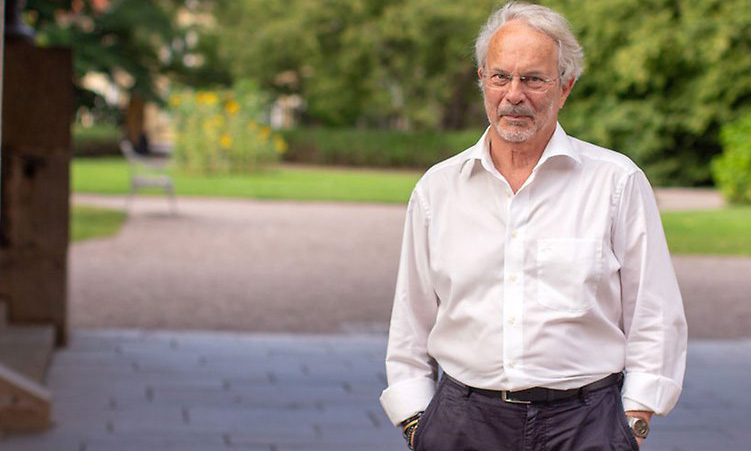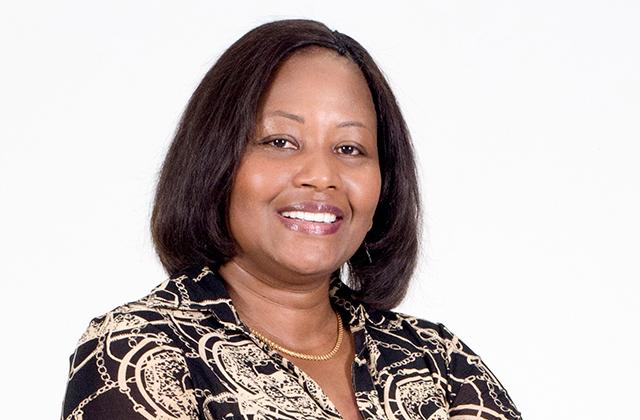“Landmark cabinet decisions related to the signing of the Joint Declaration on the Genocide, Apology and Reparations between the Namibian and German governments” have been announced by deputy home affairs minister Lucia Witbooi, NBC News reported in mid-December.
A draft, which has been negotiated since 2015, was initialled by special envoys in May 2021.
Since then, an addendum has been the subject of continued bargaining behind closed doors.
Now frantic last-minute efforts seem to be unfolding to seal the controversial pact. This merits some scrutiny and clarification.
The Oxford Dictionary defines reparations as “making amends for a wrong one has done, by providing payment or other assistance to those who have been wronged”.
However, the main representatives of descendants of Namibian communities historically entitled to such reparations (for being wronged) have not been directly represented at the negotiation table.
They had no say in the declaration. So, how will its implementation be approached including those who should be reconciled?
PROCEDURAL MATTERS
The Namibian government created chiefs’ forums in seven regions inhabited by affected communities for the negotiations. They should play an advisory role. But it has appeared more like tokenism.
An effort in October 2022 by Nangolo Mbumba, then vice president, to convince the Ovaherero Traditional Authority (OTA) and the Nama Traditional Leaders’ Association (NTLA) to join the chiefs’ forums failed.
The OTA and NTLA say that “anything without us is against us”.
By and large, the chiefs’ forums approved the bilaterally negotiated results.
These will now be addressed through a roadshow involving ministers, as special envoys, about endorsing the final package.
These briefings will extend to communities in the diaspora, mainly Botswana and South Africa.
The next step is for Namibia and Germany’s foreign ministers to sign agreements to be presented in the German Bundestag and the National Assembly for further consideration and ratification.
As disclosed by deputy minister Witbooi: Germany is preparing an official apology. It will be reviewed by Namibia before being finalised.
UNRESOLVED PROBLEMS
As a final step, a Special Purpose Vehicle (SPV) will be activated to facilitate the implementation of projects related to the agreement. This aims to create a credible facility to avoid misappropriation or a deviation of spending from agreed priorities.
But who has the power to decide over the SPV structure and composition?
How autonomous will its decisions be, and how will this ensure a maximum say by relevant agencies of communities considered to be the main recipients?
Little is known about how the SPV is supposed to operate. Such a lack of transparency and accountability does not give rise to trust.
After the joint declaration was initialled, Mbumba said in a media release on 4 June 2021: “The matter will still go to parliament for ratification, while the Office of the Attorney General is advising on legal matters before the agreement is signed between the two countries.”
The debate on the initialled declaration in the National Assembly in late 2021 illustrated frustrations among most parties and members of parliament (including from Swapo).
This triggered the further negotiations, lasting until December 2024, over an addendum.
It also motivated a claim – submitted to the High Court in early 2023 by OTA and NTLA.
The lawsuit seeks a judicial review to declare the declaration unlawful in terms of Namibia’s Constitution as well as in breach of a motion adopted by the National Assembly in 2006.
DELAYS
The case has been delayed because the defendants were unable to provide the documents requested.
What is the advice of the attorney general in the light of the pending case?
In the absence of any hearing by the court, the rule of law seems to play second fiddle to the declaration.
Adoption of the declaration will depend on the endorsement of its fiscal implications by the German Bundestag’s budget committee.
However, the situation on the German side is tricky. The government coalition has collapsed. New elections are set to take place in mid-February.
One does not have to be a brain surgeon to imagine that currently German policy might have other priorities than ticking off a declaration which has never been supported by all parties.
NO END IN SIGHT
When the roadshow to the seven regions was announced, the Nama and Ovaherero members of the Chiefs’ Assembly of Okandjoze reiterated their rejection of the declaration.
“However long it may take, eventually the battle would have been won with a credible legacy for future generations, putting the spirits of our ancestors to a well-deserved eternal rest,” they said.
Sadly, what might have started with the best of intentions falls short of credible atonement.
For now, the spirits of the ancestors will be denied their well-deserved eternal rest.
As Namibians seek reconciliation in the shadow of the crimes perpetrated, they still confront a lack of atonement for the past.
Reconciliation remains an uphill battle.
– Henning Melber came to Namibia as the son of German immigrants, and joined Swapo in 1974.
Stay informed with The Namibian – your source for credible journalism. Get in-depth reporting and opinions for
only N$85 a month. Invest in journalism, invest in democracy –
Subscribe Now!










